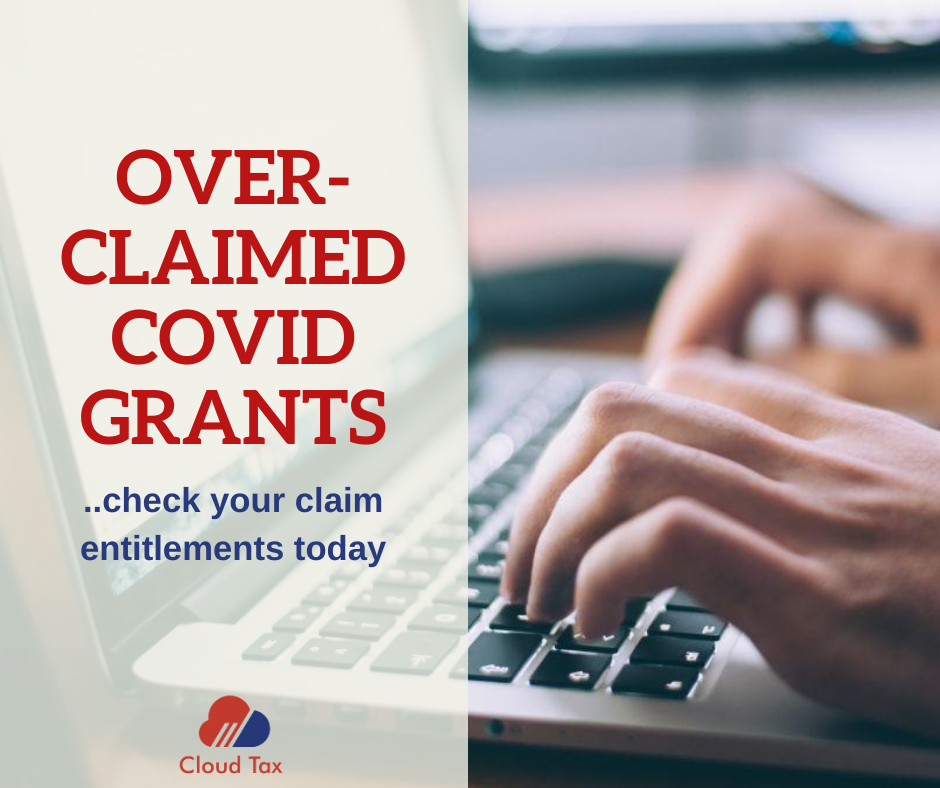When the CJRS was first announced on 20 March it was made clear that in many cases the funds received would be taxable in the hands of the recipient. These packages alone now have made quite a dent in the treasury; it is perhaps no surprise that the Government is now putting legislation in place to collect the tax on it and clawback funds claimed in error or fraudulently.
If you’ve overclaimed a grant and have not repaid it, you must notify HMRC by the latest of either:
• 90 days after the date you received the grant you were not entitled to
• 90 days after the date you received the grant that you were not longer entitled to keep because your circumstances changed
• 20 October 2020
The 90-day period to inform HMRC of any over claimed amounts is now the law. If you do not do this, you may have to pay a penalty. If you do repay any overclaimed grant, this will prevent any potential tax liability in respect of the overpayment of Coronavirus Job Retention Scheme.
Checking entitlements for grants
Taxpayers who have claimed grants should check that they were entitled to the amount that they have received.
For example, for SEISS grants the key risks that would affect entitlement are:
• Trade was actually not affected by COVID-19
• Trade did not continue in 2019-2020.
• There was no intention to continue the business in 2020-2021
For the Job retention scheme grants the key risks that would affect entitlement are:
• Grants not used for the purpose for which they are intended
• Calculation errors
• Employees working during periods that they are on furlough.
For help and advice on calculating CJRS claims or any advice on tax disputes and correcting failures to notify HMRC of mistakes in claims please contact us on info@cloudtaxltd.com

